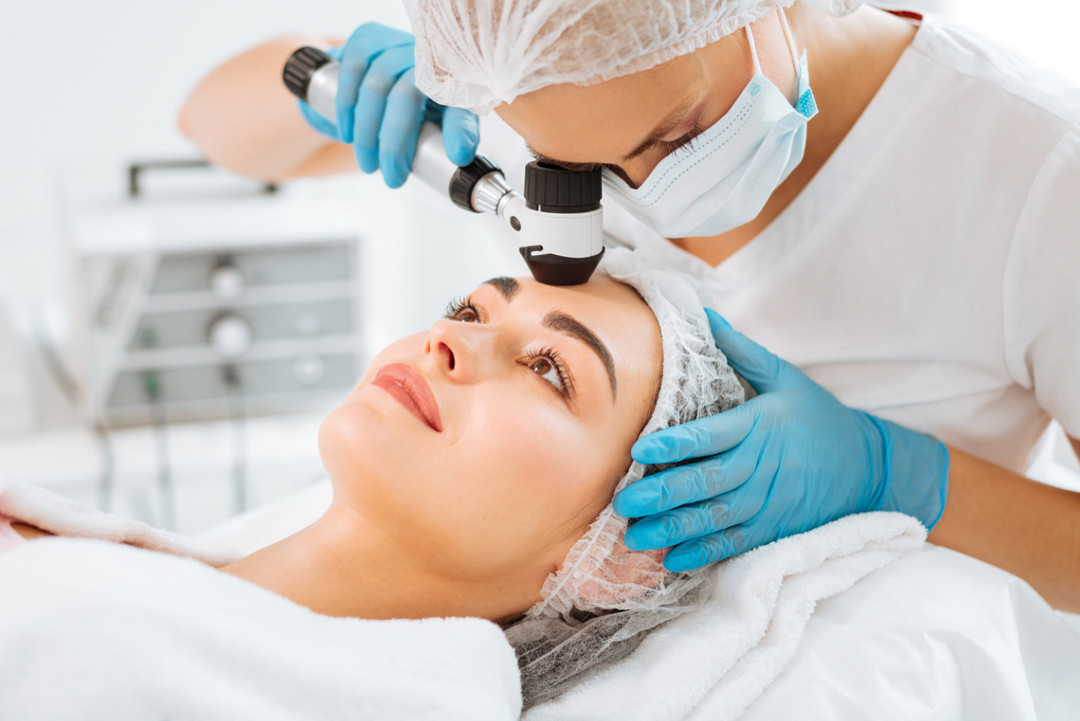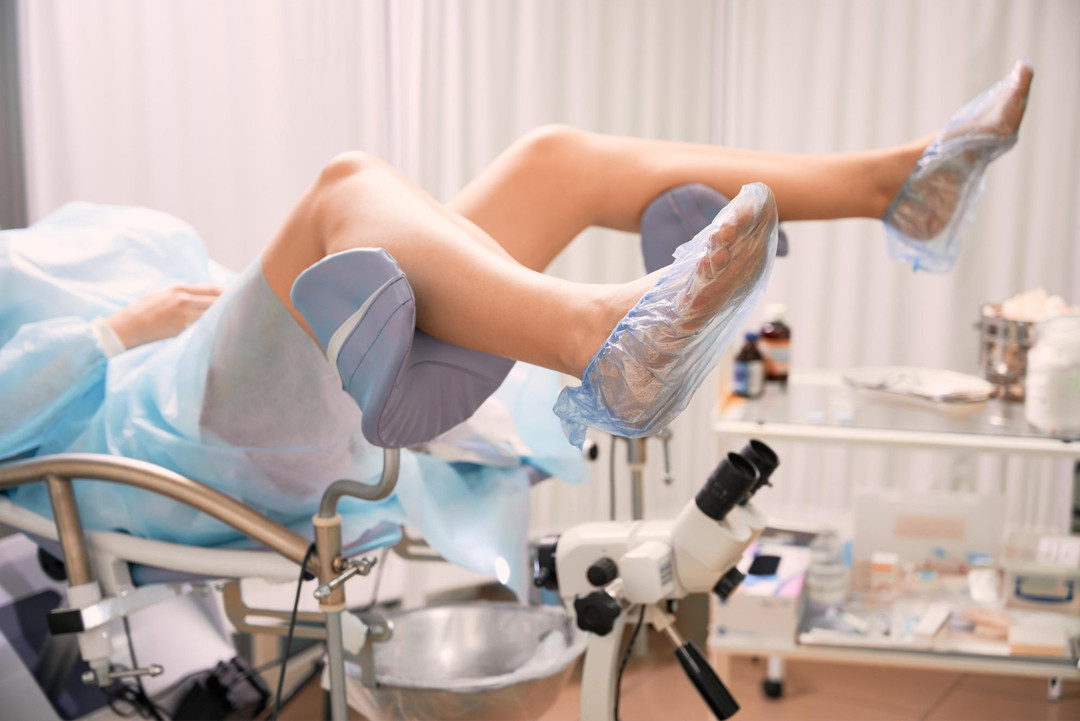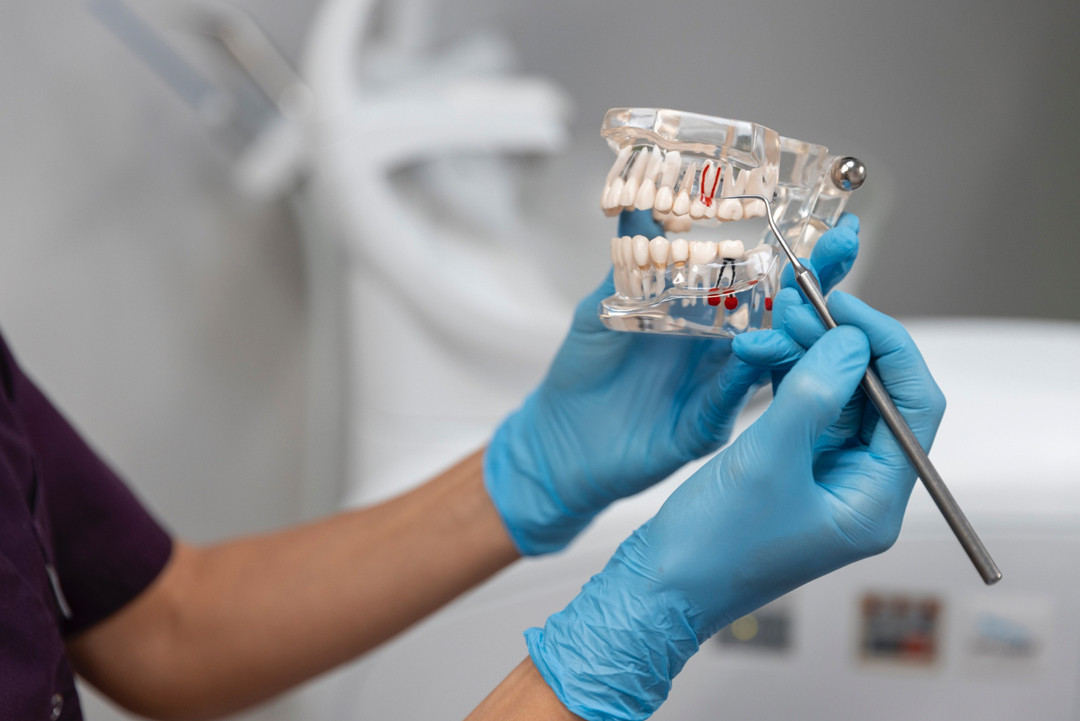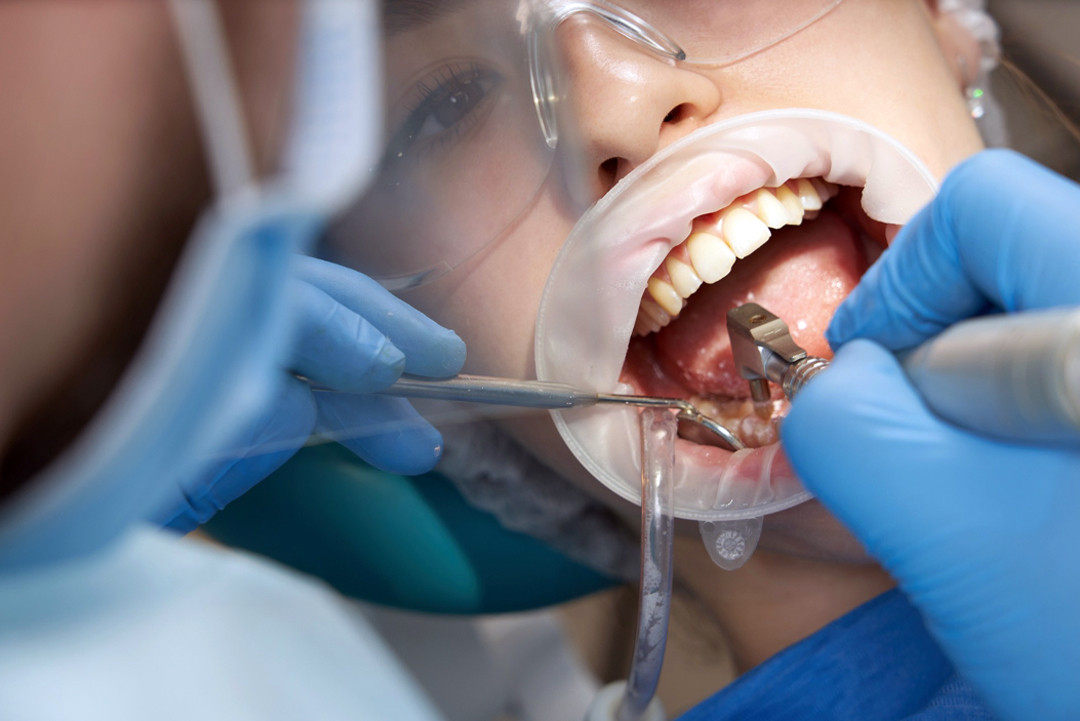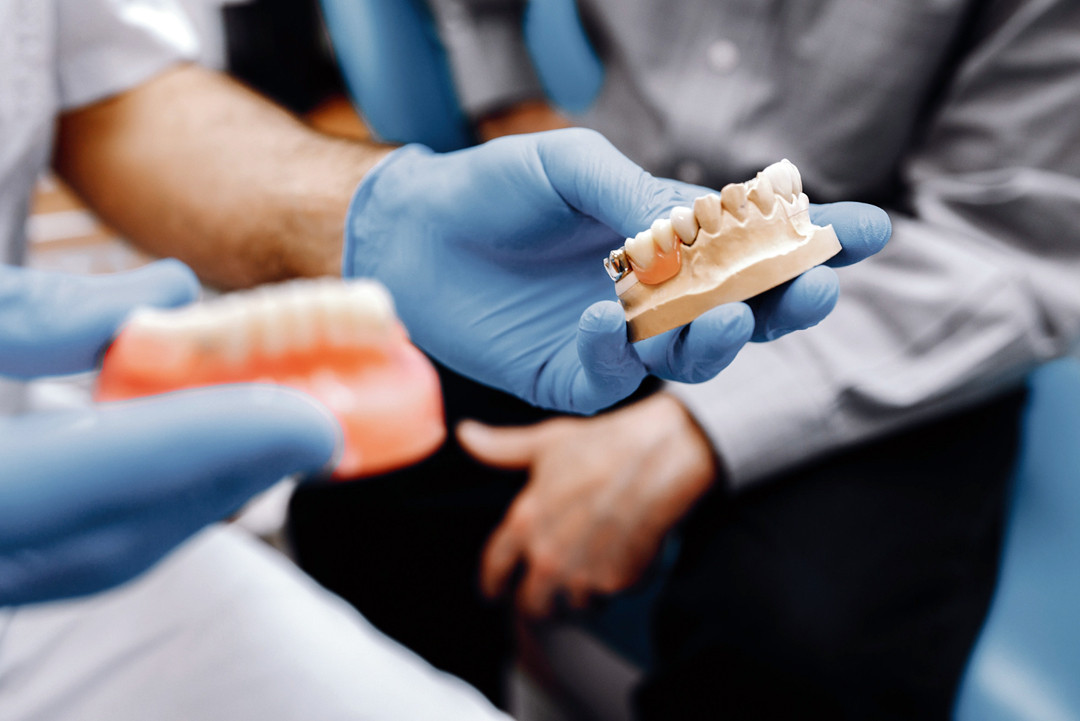Overview of Dermatology
Dermatology is a medical specialty focused on diagnosing, managing, and treating conditions affecting the skin, hair, nails, and mucous membranes across all age groups. This field also encompasses the treatment of sexually transmitted infections (venereal diseases) and systemic conditions with skin-related manifestations. Dermatologists combine medical, surgical, and cosmetic expertise to ensure both the health and aesthetic well-being of their patients.
What is Dermatology?
Dermatology addresses a wide spectrum of conditions, from common skin issues to rare and complex disorders. Key areas include:
- Skin Conditions: Acne, eczema, psoriasis, rosacea, and various skin tumors (benign and malignant).
- Hair and Scalp Disorders: Alopecia, thinning hair, and scalp infections.
- Nail Diseases: Fungal infections, discoloration, and structural abnormalities.
- Venereal Diseases: Skin manifestations of sexually transmitted infections caused by bacteria, viruses, fungi, or parasites.
Dermatologists also provide preventive and therapeutic care for aesthetic concerns like wrinkles, pigmentation issues, and hair loss.
What Are Venereal Diseases?
Venereal diseases are sexually transmitted infections caused by pathogens such as bacteria, viruses, fungi, or parasites. Symptoms often manifest on the skin or mucous membranes, including rashes, sores, or abnormal discharge. Dermatologists diagnose and treat these conditions while addressing their impact on the skin and overall health.
Role of Dermatologists
Dermatologists are skilled in managing a range of medical and cosmetic concerns:
- Diagnosis and Treatment: Identifying and addressing skin, hair, and nail conditions.
- Preventive Care: Offering solutions to maintain healthy skin and prevent disease progression.
- Surgical Procedures: Removing skin growths, performing biopsies, and treating skin cancers.
- Cosmetic Treatments: Addressing aesthetic concerns such as fine lines, dark spots, and hair thinning.
Dermatologists also collaborate with other medical specialists to ensure comprehensive patient care, particularly for conditions that have systemic implications.
Common Dermatological Treatments
The skin, being the body’s largest organ, requires specialized care for various conditions, including:
- Acne and Rosacea: Managed with topical and systemic medications.
- Psoriasis and Eczema: Treated with tailored therapies, including biologics.
- Skin Cancer: Removal of melanoma and basal cell carcinoma through surgical interventions.
- Hyperhidrosis: Managing excessive sweating with medications or Botox.
- Hair and Nail Disorders: Providing solutions for hair thinning, alopecia, and fungal nail infections.
Understanding Hair Loss and Treatments
Hair loss, or alopecia, can occur in various forms:
- Androgenic Alopecia: A hereditary condition causing gradual hair thinning.
- Alopecia Areata: An autoimmune disorder leading to patchy hair loss.
- Telogen Effluvium: Temporary hair shedding due to stress or hormonal changes.
- Anagen Effluvium: Hair loss resulting from medical treatments like chemotherapy.
- Traction Alopecia: Caused by excessive tension on the hair, often from tight hairstyles.
Hair Loss Treatments
Dermatologists offer a range of solutions tailored to the underlying cause:
- Medications: Topical treatments like minoxidil or oral drugs such as finasteride to stimulate regrowth and reduce shedding.
- Nutritional Support: Addressing deficiencies in iron, vitamin B, or other nutrients.
- Platelet-Rich Plasma (PRP) Therapy: Injecting processed plasma from the patient’s blood to encourage hair growth.
- Hair Transplants: Moving hair follicles from dense areas to balding regions.
Hair Loss in Men and Women
Men:
Hair loss in men is often attributed to androgenetic alopecia (male pattern baldness). This condition causes a receding hairline and thinning at the crown. Stress, medical conditions, or medications may also contribute. Treatment includes medications, PRP therapy, or hair transplants.
Women:
Hair loss in women can result from hormonal changes, genetics, medical conditions like PCOS, or postpartum shifts. Female pattern hair loss manifests as thinning hair at the crown. Treatments range from medications to lifestyle modifications and advanced procedures like PRP therapy or transplants.
Dermatology’s Role in Comprehensive Care
Dermatologists are integral in addressing a wide range of conditions, from medical to cosmetic concerns. Whether managing chronic skin diseases, diagnosing systemic illnesses, or providing solutions for hair loss, their expertise ensures both the health and confidence of their patients.

